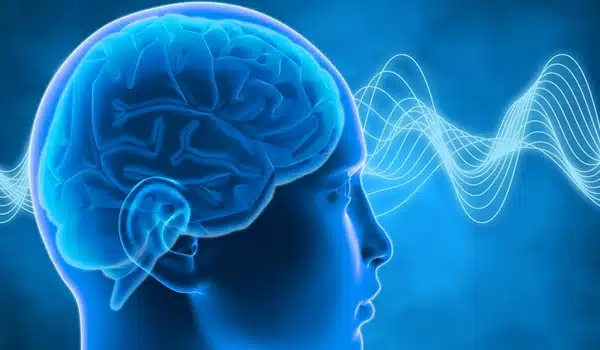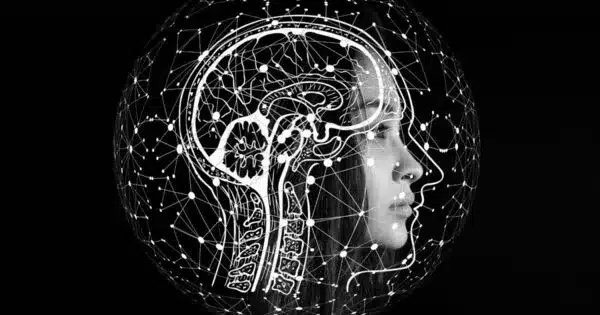The auditory system is intricately linked to other parts of the brain, and a lack of auditory input can result in functional and anatomical alterations. Hearing tests and magnetic resonance imaging (MRI) were used by a team of researchers to evaluate whether hearing impairment is connected with variations in specific brain regions and impacts dementia risk.
Hearing loss affects more than 60% of persons aged 70 and up in the United States, and it is linked to an increased risk of dementia. The origin of this relationship is unknown.
To better understand the connection, a team of University of California San Diego and Kaiser Permanente Washington Health Research Institute researchers employed hearing tests and magnetic resonance imaging (MRI) to determine whether hearing impairment is associated with differences in specific brain regions.
The findings emphasize the importance of protecting one’s hearing by avoiding prolonged exposure to loud sounds, wearing hearing protection when using loud tools, and reducing the use of ototoxic medications.
Emilie T. Reas
In the November 21, 2023 issue of the Journal of Alzheimer’s Disease, researchers reported that individuals enrolled in this observational study who had hearing impairment exhibited microstructural differences in the auditory areas of the temporal lobe and in areas of the frontal cortex involved with speech and language processing, as well as areas involved with executive function.
“These findings suggest that hearing loss may cause changes in brain areas associated with sound processing as well as brain areas associated with attention. The extra effort involved in trying to understand sounds may produce changes in the brain that lead to an increased risk of dementia,” said principal investigator Linda K. McEvoy, Ph.D., UC San Diego Herbert Wertheim School of Public Health and Human Longevity Science professor emeritus and senior investigator at the Kaiser Permanente Washington Health Research Institute.

“If so, interventions that help reduce the cognitive effort required to understand speech – such as the use of subtitles on television and movies, live captioning or speech-to-text apps, hearing aids, and visiting with people in quiet environments instead of noisy spaces – could be important for protecting the brain and reduce the risk of dementia.”
McEvoy designed and led the study while at UC San Diego, in collaboration with Reas and UC San Diego School of Medicine investigators who gathered data from the Rancho Bernardo Study of Health Aging, a longitudinal cohort study of residents of the Rancho Bernardo suburb in San Diego that launched in 1972.
130 study participants were tested for hearing thresholds in research clinic visits between 2003 and 2005, and then got MRI scans between 2014 and 2016.
According to the study’s findings, hearing loss is connected with regionally specific brain changes that may arise as a result of sensory deprivation and the extra effort necessary to grasp auditory processing stimulations.
“The findings emphasize the importance of protecting one’s hearing by avoiding prolonged exposure to loud sounds, wearing hearing protection when using loud tools, and reducing the use of ototoxic medications,” said co-author Emilie T. Reas, Ph.D., assistant professor at the University of California, San Diego School of Medicine.













